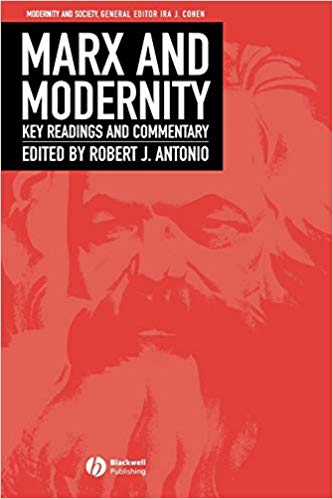

3 Declassified documents from the Military Archive indicate that Moscow had an early opportunity to involve itself in the Spanish conflict. by the events in Spain." He added that "under no circumstances" would the Soviets enter the fray. On 23 July, the Italian Chargé d'Affaires in Moscow, Vicenzo Berardis, told his government that the Soviet leaders were "annoyed and perplexed. In the days immediately following the rebel uprising, the Soviets played a waiting game, allowing events to unfold fully before taking decisive action. Soviet Diplomats and the Non-Intervention Committee


But during the intervening six weeks, Moscow's position regarding the Iberian war was far from certain. It is true that, by early September, in addition to humanitarian and diplomatic support, the Soviets had settled on a policy of extensive covert military assistance. The Soviet leadership not only hesitated upon receiving news of the July uprising, but also reacted relatively slowly and inconsistently. Quite apart from the practical impossibility of the Soviet Union's offering full support to a country from which it remained diplomatically estranged, and with which it had failed to exchange even low-level consular staff, there remains the overarching fact that, well into August 1936, Moscow had yet to stake out a clear position on events in Spain. This version of events, however, is easily refuted. The intention of Ibárruri, Maiskii, and other pro-Soviet chroniclers of the Spanish struggle is clear: to present a tidy portrait of Soviet involvement in the civil war, a narrative in which Moscow immediately recognized the critical nature of the Republic's predicament and came to its aid without delay. the Soviet people took their stand firmly and decidedly on the side of Spanish democracy." 2 The official Spanish communist history of the war, Dolores Ibárruri's Guerra y revolución, asserts that, "from the first moment, the Soviet government and people, united in a single purpose, enthusiastically came to the side of the Spanish people." 1 Even Maiskii, writing during the Khrushchev thaw, insisted that, "from the very beginning of the Spanish conflict. In this version of events, the Spanish Republic had in the Soviet regime an immediate ally and friend, one it could count on even as Spain's traditional allies cowered behind the veil of the Non-Intervention Agreement.

Through much of the Spanish Civil War, and for many years after, Soviet propagandists often claimed that the many impediments to fully functioning Soviet-Spanish diplomatic relations that existed between 1917-1936 suddenly melted away at the start of the war. Soviet Diplomacy and the Spanish Civil War Stalin and the Spanish Civil War: Chapter 2Ģ.


 0 kommentar(er)
0 kommentar(er)
